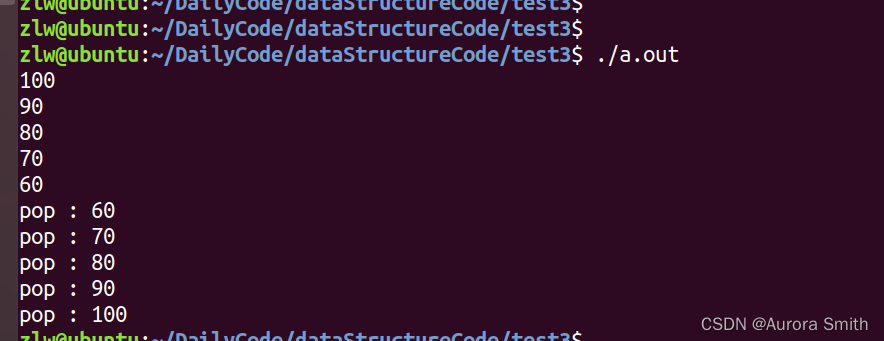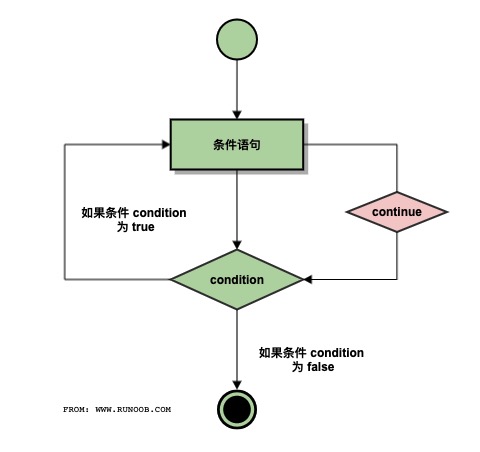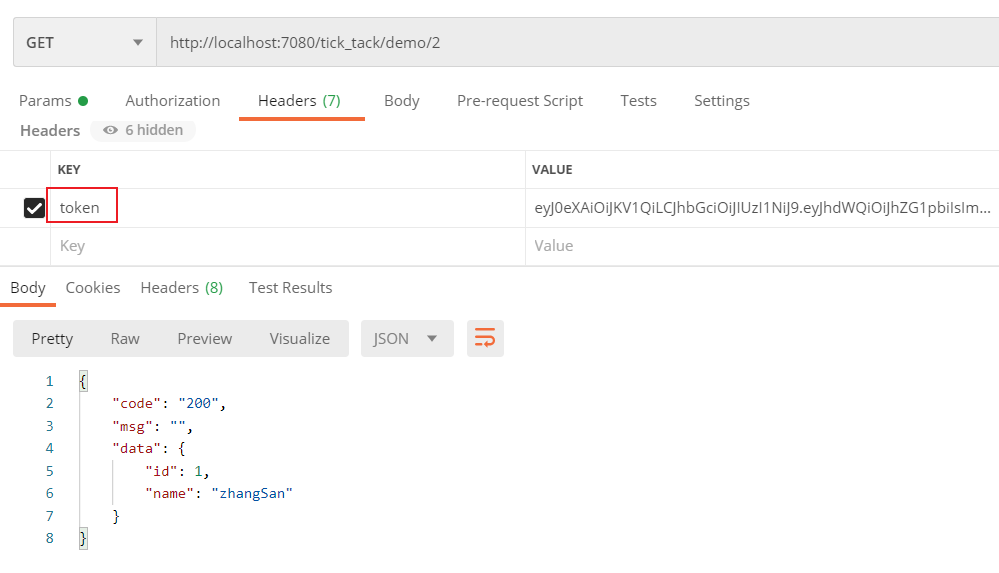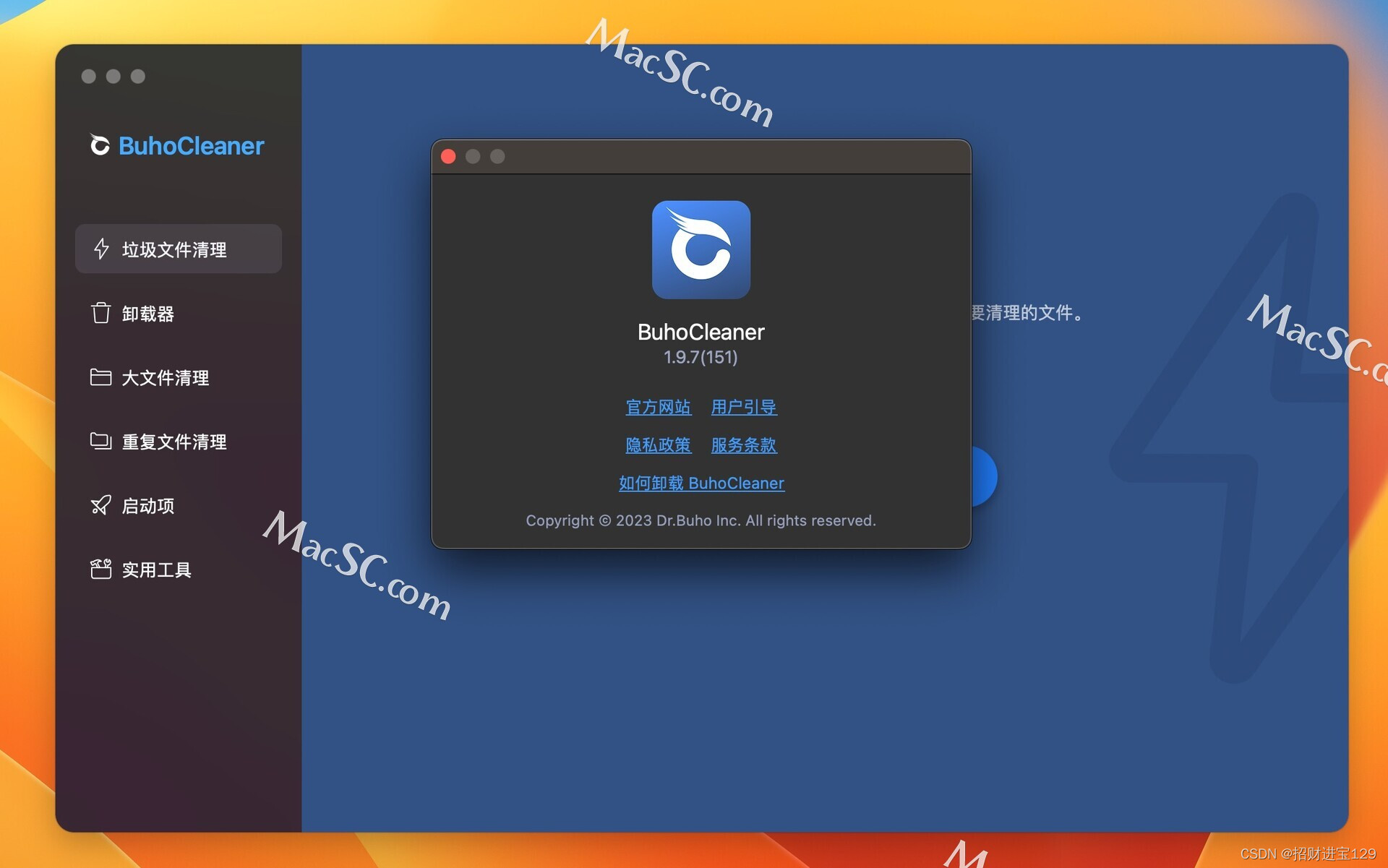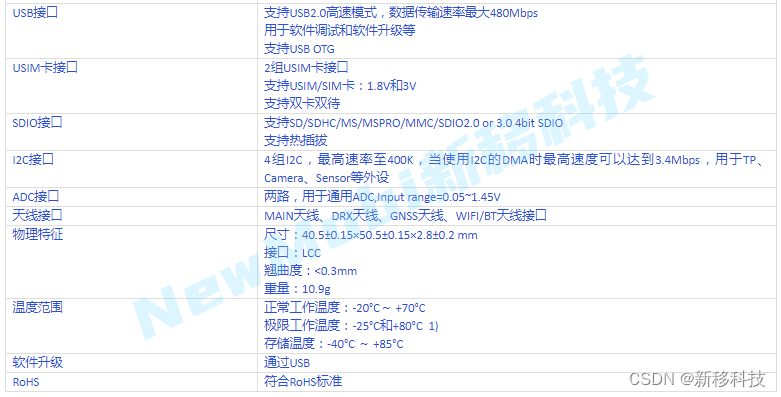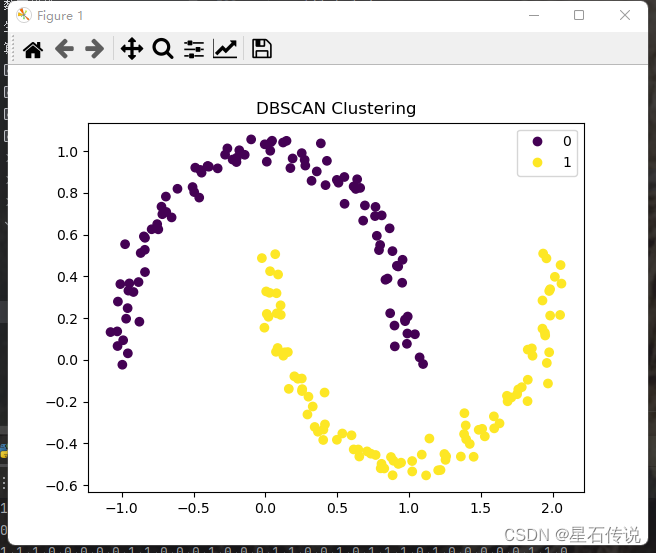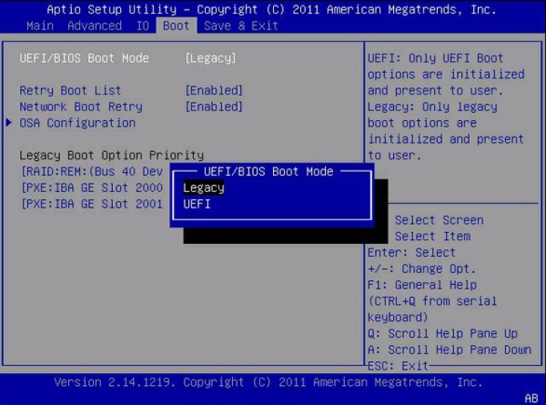
用指针比用数组好,这样用户可以自己指定空间的大小,有参与感。



 全部代码:
全部代码:
main.c
#include <stdio.h>
#include <string.h>
#include "sqstack.h"int main(int argc, char *argv[])
{sqstack *s;int i;s = stack_create(100);if(s == NULL)return -1;stack_push(s,100);stack_push(s,90);stack_push(s,80);stack_push(s,70);stack_push(s,60);for(i = 0; i <= s->top; i++)//显示栈中的元素{printf("%d\n", s->data[i]);}while(!stack_empty(s)) {printf("pop : %d\n",stack_pop(s));}stack_free(s);return 0;
}
sqstack.c
#include <stdio.h>
#include <stdlib.h>
#include "sqstack.h"
#include <string.h>/* 要创建一个结构体的栈,和一个放数据的栈 */
sqstack * stack_create(int len){sqstack *s;if((s = (sqstack *)malloc(sizeof(sqstack))) == NULL) {printf("malloc sqstack failed\n");return NULL;}if(((s->data) = (data_t *)malloc(len * sizeof(data_t))) == NULL) {printf("malloc data failed\n");return NULL;}memset(s->data, 0, len * sizeof(data_t));s->maxlen = len;s->top = -1;return s;}
int stack_push(sqstack *s, data_t value){if(s == NULL) {printf("s is NULL\n");return -1;}if(s->top == s->maxlen -1) {printf("stack is full\n");return -1;}s->top ++;s->data[s->top] = value;return 0;}
/* 1-empty */
int stack_empty(sqstack *s){if(s == NULL) {printf("s is NULL\n ");return -1;}return (s->top == -1 ? 1 : 0);}
/* 1-full */
int stack_full(sqstack *s){if(s == NULL) {printf("s is NULL\n");return -1;}return (s->top == s->maxlen - 1 ? 1 : 0);}
data_t stack_pop(sqstack *s){s->top--;return (s->data[s->top+1]);}//显示top的值
data_t stack_top(sqstack *s){return (s->data[s->top]);}int stack_clear(sqstack *s){if(s == NULL){printf("s is NULL\n");return -1;}s->top = -1;return 0;}//有几个malloc就有几个freeint stack_free(sqstack *s){if(s == NULL){printf("s is NULL\n");return -1;} if(s->data != NULL)//开辟栈可能失败{free(s->data);}free(s);return 0;
}sqstack.h
typedef int data_t;typedef struct{data_t *data;int maxlen;int top;}sqstack;sqstack * stack_create(int len);
int stack_push(sqstack *s, data_t value);
int stack_empty(sqstack *s);
int stack_full(sqstack *s);
data_t stack_pop(sqstack *s);
data_t stack_top(sqstack *s);
int stack_clear(sqstack *s);
int stack_free(sqstack *s);运行结果
